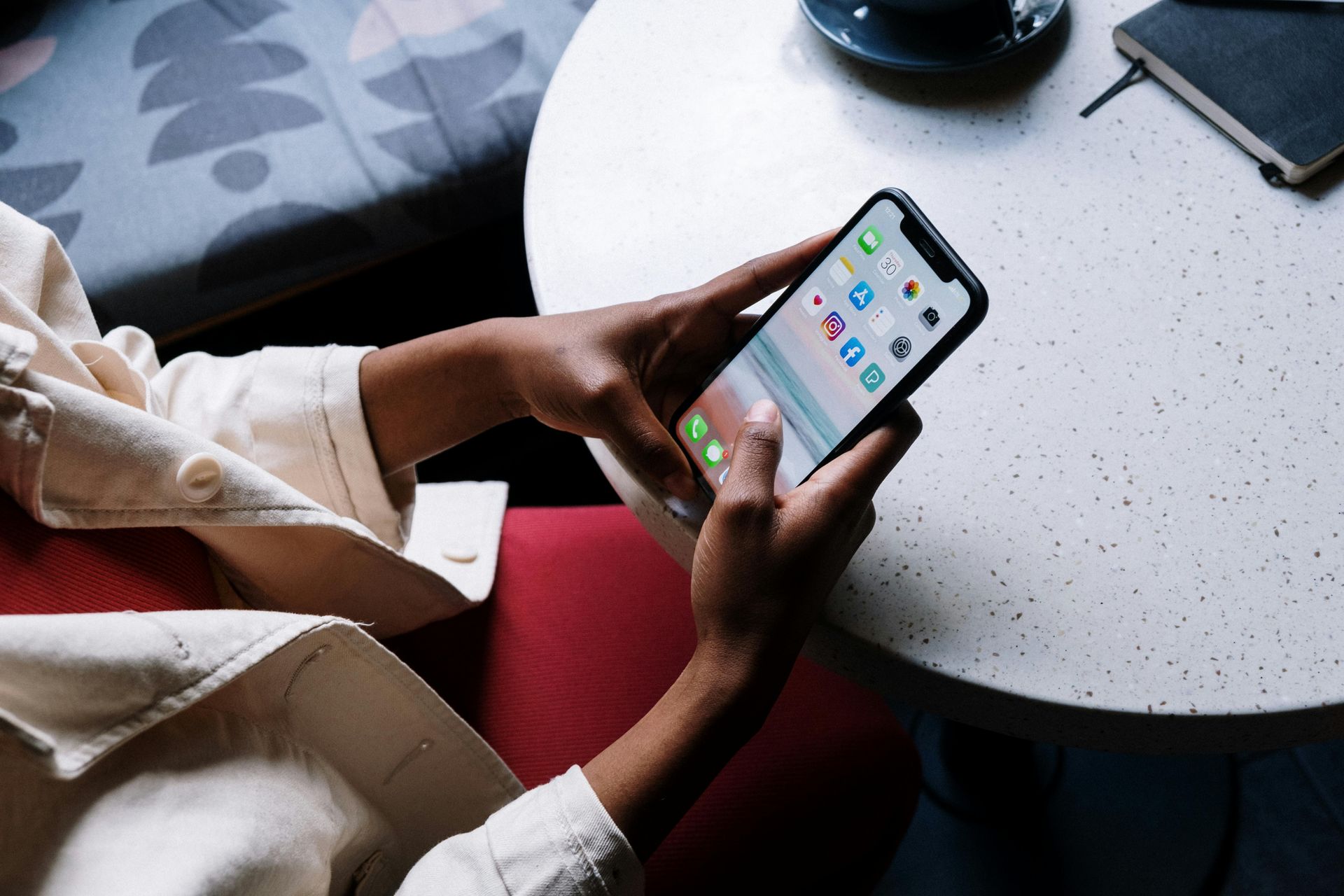The Loneliness Epidemic: Why Are We So Disconnected?
Why Modern Connections Feel Hollow and How to Build Meaningful Relationships

In recent years, there’s been a growing conversation about the “loneliness epidemic.” Despite being more connected than ever through social media and technology, people are reporting higher levels of isolation and dissatisfaction in their relationships. Why is this happening?
Let’s break it down.
1. Overreliance on Social Media as a Substitute for Connection
One of the major culprits of the loneliness epidemic is our excessive reliance on social media. Platforms like Instagram, X (formerly Twitter), and Facebook offer a quick way to interact with others, but they’re not a suitable replacement for real human interaction. Reading comments, liking posts, or engaging in online debates can create a sense of connection, but it’s often superficial. True connection requires presence—listening, engaging, and sharing in a way that online interactions simply can’t replicate.
While social media can be helpful in building community, relying on it as a primary source of socializing leaves many feeling empty. Real relationships need depth, not just scrolling through curated snippets of someone’s life.
2. Strained Relationships and Unrealistic Expectations
Another factor contributing to loneliness is the growing strain on relationships. Many people are neglecting their own emotional well-being, expecting others to fill the gaps, or overlooking how their actions impact those around them. This creates a dynamic of high expectations without reciprocal care.
Some individuals enter relationships—friendships, romantic partnerships, or otherwise—expecting others to cater to their emotional needs in ways that are unsustainable. For example, expecting a friend to consistently prioritize you over their own needs or always be available can put undue strain on the relationship. Healthy connections require balance, where both parties give and receive without one person feeling burdened.
Instead of pouring all your energy into what you expect from others, it’s essential to focus inward. Take care of yourself first—fill your own cup. When you are emotionally regulated and self-aware, you’re able to show up in relationships from a place of abundance rather than need.
3. Emotional Dysregulation and Unhealed Wounds
Emotional dysregulation—where people struggle to manage their feelings effectively—is another key factor driving the loneliness epidemic. On one end of the spectrum, some people bottle everything up, refusing to share their emotions or vulnerabilities. This creates empty, surface-level relationships. On the other end, some people pour too much onto others, always needing emotional support or validation, which can overwhelm the relationship.
Unhealed emotional wounds add another layer to the problem. Many people carry unresolved trauma or baggage from past experiences, bringing those unresolved issues into new relationships. When we expect others to “fix” us or heal our emotional wounds, we set relationships up for failure. Healing is an individual process that requires self-reflection, therapy, and intentional growth—not something someone else can do for you.
4. The Paradox of Loneliness: Tired of People, Yet Craving Connection
Perhaps the most striking feature of the loneliness epidemic is the paradox it creates: we’re deeply lonely but also deeply tired of people. When individuals walk around carrying unhealed wounds or functioning like emotional ticking time bombs, relationships become exhausting. It’s hard to connect with others when everyone feels emotionally depleted, leaving many to retreat further into isolation.
This cycle—of being overwhelmed by relationships yet desperate for connection—is why so many people find themselves stuck. We crave meaningful relationships, but we’re too burnt out by emotional labor to cultivate them.
Moving Forward: How to Address the Loneliness Epidemic
So, what can we do to break free from this cycle?
- Prioritize Self-Care: Take care of your emotional and mental health first. Therapy, mindfulness, and self-reflection are key to healing and regulating your emotions.
- Develop Healthy Expectations: Relationships thrive when there’s balance. Avoid placing the weight of your emotional well-being solely on others. Learn to support yourself emotionally so you can meet others from a place of mutual respect and care.
- Seek Authentic Connection: Step away from the screen and engage in real-life interactions. Whether it’s joining a community group, scheduling regular meet-ups with friends, or simply having a heartfelt conversation, prioritize depth over digital convenience.
- Heal Your Wounds: Don’t carry unhealed emotional baggage into every relationship. Take the time to process past pain so you can show up as your best self in new connections.
We’re all navigating this complex, modern world together, but the first step to overcoming loneliness starts with each of us. When we heal, regulate, and nurture ourselves, we create space for authentic, meaningful relationships to flourish.
I hope this helps...
-Alana



